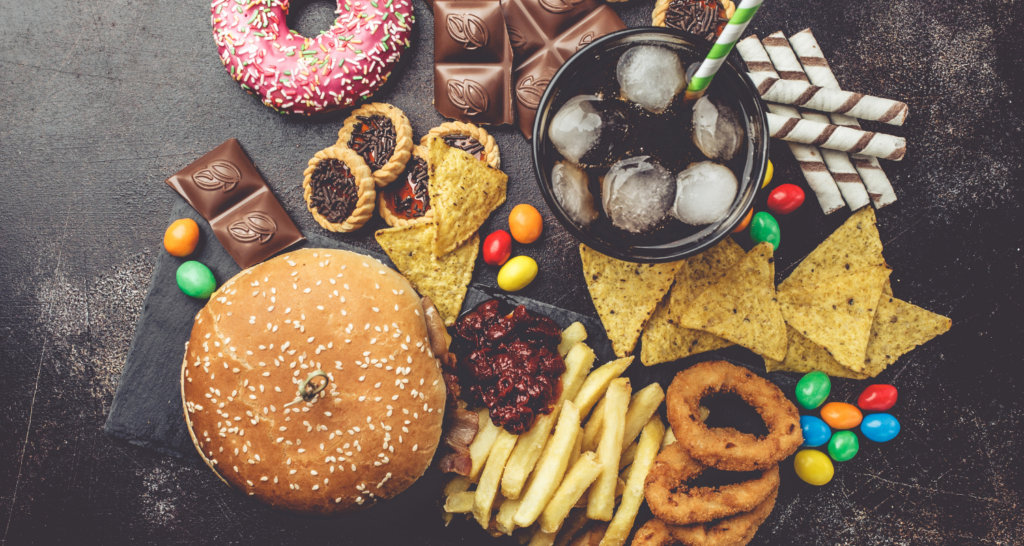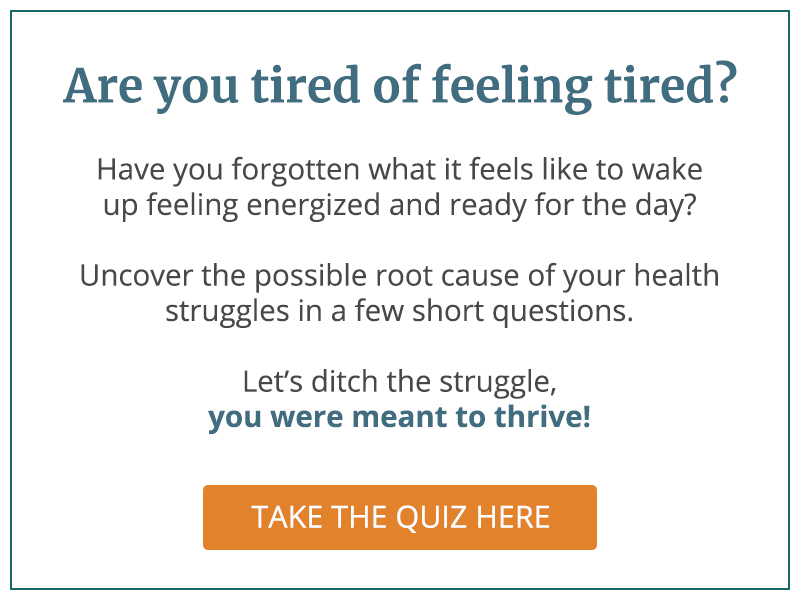Let’s talk about processed foods and how they can affect health.
Have you noticed the massive uptick in food allergies among your friends and coworkers? One can’t be in the same room with shellfish. Another is severely lactose intolerant.
And if you’ve got children, there’s no doubt you’ve been exposed to this phenomenon.
Huge red signs adorn the front of many classroom doors making sure you don’t even think of bringing a peanut across the threshold. You’ve been given lists of “allergen-free” choices that are approved for sharing at snack time. And I’d bet at least one of your kids’ friends has to carry an epi-pen.
Here’s the burning question — where did all of these food allergies come from?
Why does the Center for Disease Control and Prevention (CDC) report that food allergies in children have increased in prevalence by 50% between 1997 and 2011…now affecting a total of 8% of American children?
In fact, by some counts, 1 in 10 adults and 1 in 13 children have food allergies — that’s 32 million people in the United States alone.
Which begs the question — is there a way to prevent your children from getting food allergies to begin with? Or is it just luck of the draw — some kids will get them and others won’t?
While we don’t know with 100% certainty why some develop allergies and others don’t, it appears there’s at least a possible relationship between junk food consumption and food allergies.
Let’s take a a look at some of the ways processed foods can affect health.
The Relationship Between Junk Food And Food Allergies
Researchers began suggesting that advanced glycation end-products (AGEs) could play a role in pre-disposing people to food allergies a few years ago. More recent studies seem to support this theory as well. This study showed that the children in the study with food allergies ate 20-40% more junk than those who didn’t have food allergies.
While this doesn’t prove causation, it’s certainly interesting, especially since AGEs have also been linked to a host of other negative health conditions like heart disease, diabetes, and even rheumatiod arthritis.
So what extactly are AGEs?
AGEs are found in high levels in microwaved meals and processed foods. They can also be found in barbecued meat, sugary foods, and fast foods. They are naturally occuring in the body, but they also form when you eat junk.
What Should We Feed Our Kids?
There’s no doubt that today’s lifestyles are hectic. It’s nearly impossible with the societal expecations of demands on our time to get everything done — let alone get it done well. And it’s extra difficult to choose extra time in the kitchen and washing dishes over a quick trip through the drive thru on the way home. For some, healthy and fresh food is outside of the budget. I get it.
Until expectations are adjusted and we’re actually afforded the time to sleep, exercise, and cook an anti-inflammatory diet…here are a few small ways to incorporate less junk in your life.
- Fruits and vegetables are the cornerstone of a healthy diet. Eating fresh doesn’t necessarily have to equate to time spent cooking. Keep plenty of fresh fruit on hand and offer that as a snack rather than a sugary granola bar. Same amount of effort, but loads more fiber and way less AGEs. Carrot sticks require no prep work. And ready to eat bagged salads are a great way to get in veggies with no fuss.
- Nuts are a great snack, too. Assuming your child doesn’t already have a nut allergy, a handful of almonds or walnuts can go a long way to stave off hunger pangs until you can get home and eat. Plus, you can stick them in your purse or keep a stash in the car for those meltdown moments.
It’s important to note too that there are other possible causes of food allergies — like genetics, environmental factors, delays in the timing of introduction of possible allergens, and an overuse of antibacterial soaps and hand sanitizers.
Overuse of antibiotics in childhood can seriously disrupt your gut microbiome, which can affect almost everything else in the body, and may impact allergy response as well. Even though it’s tempting to offer antibiotics for every sniffle in an attempt to make your kid feel better (no one wants to see their baby suffer!) in the end, using them too often can be detrimental.
Bottom line, we’re not totally sure yet why some develop food allergies and some don’t…but we do know that a diet rich in anti-inflammatory foods and low in processed junk creates a lifetime of better health outcomes.
Any opportunity you’ve got to encourage healthier choices in childhood can go a long way. Seize them whenever you can.
Allergies, Fatigue, And Hormones, Oh My!
Struggling with health problems that seem less like allergies and more like extreme fatigue, hormone imbalances, or digestive issues?
I’d love to share with you a free guide I’ve developed that will walk you through some of the most common problems I see in my practice — low energy levels and hormone troubles.
Before you settle for feeling like less than your vibrant self for another day, check out this free guide — I’ll email it over to you…and let me help you get to the bottom of your health issues.
And of course, if you just want to talk to someone — I’m here for you. You can schedule a free 15 minute consultation here.
Uncover the possible root cause of your health struggles in a few short questions. Just answer a few short questions so I can determine what’s causing you to feel so exhausted, bloated, or downright depressed all the time and I’ll tell you what you can do about it! Let’s ditch the struggle — you were meant to thrive! Take the Quiz Below:
References
“Food Allergies – CDC.” https://www.cdc.gov/healthyschools/parentsforhealthyschools/pdf/P4HS_Allergies.pdf.
“Facts and Statistics | Food Allergy Research ….” https://www.foodallergy.org/resources/facts-and-statistics.
“The false alarm hypothesis: Food allergy is associated with ….” 14 Jul. 2016, https://www.jacionline.org/article/S0091-6749(16)30618-2/abstract.
“Researchers warn: junk food could be responsible for the food ….” 7 Jun. 2019, https://www.eurekalert.org/pub_releases/2019-06/sh-rwj053019.php.
“Advanced Glycation End Products in Foods ….” https://www.ncbi.nlm.nih.gov/pmc/articles/PMC3704564/.


